In this film House Of Xmas produced by BRAVÒ NYC, directed by Aurélien Heilbronn and envisioned by Dazed we hit the streets of NYC with the city’s ball culture babes for an intimate insight into how they celebrate this time of year with the close friends that they consider family.
Related Movies

Land Without Bread (1933)
An exploration —manipulated and staged— of life in Las Hurdes, in the province of Cáceres, in Extremadura, Spain, as it was in 1932. Insalubrity, misery and lack of opportunities provoke the emigration of young people and the solitude of those who remain in the desolation of one of the poorest and least developed Spanish regions at that time.
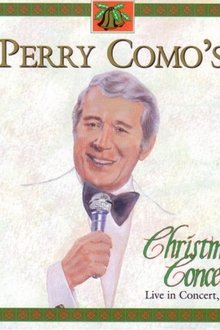
Perry Como's Irish Christmas (1994)
Perry Como's last great concert special, filmed in Ireland and screened in 1994. Como appears before an audience of 4,500 in Ireland's celebrated Point Theater, with Irish President Mary Robinson and actress Maureen O'Hara in attendance.
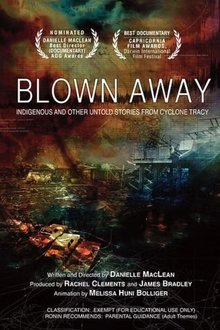
Blown Away (2014)
Cyclone Tracy 40 years on, exploring the myths and revealing new perspectives on one of the worst natural disasters in Australia's history.

The Arrival of a Train at La Ciotat (1896)
A group of people are standing along the platform of a railway station in La Ciotat, waiting for a train. One is seen coming, at some distance, and eventually stops at the platform. Doors of the railway-cars open and attendants help passengers off and on. Popular legend has it that, when this film was shown, the first-night audience fled the café in terror, fearing being run over by the "approaching" train. This legend has since been identified as promotional embellishment, though there is evidence to suggest that people were astounded at the capabilities of the Lumières' cinématographe.
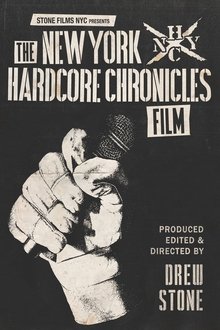
The New York Hardcore Chronicles Film (2017)
Director Drew Stone’s The New York Hardcore Chronicles Film is an incredible journey through the community and culture of the iconic New York hardcore scene. Not the typical history of a local music scene but so much more. Shot in an episodic format, the film contains over 60 interviews, never before seen footage, photos and a blazing soundtrack. With appearances by Roger Miret & Vinnie Stigma (Agnostic Front), Lou Koller, Craig Setari (Sick Of It All), Ray Cappo (Youth Of Today), Billy Graziadei (Biohazard), Billy Milano (S.O.D. / M.O.D.) and Mike Judge (Judge). The film addresses the community, culture, straight edge and DIY ethic of the hardcore scene in the greatest city in the world that is still vibrant, relevant and going strong to this day.
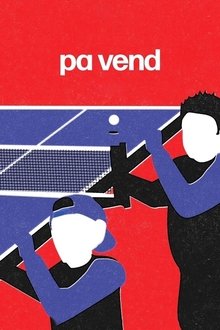
Displaced (2022)
After Kosovo's independence the first internationally recognized sports federation was the one of Table Tennis. Two local Ping-Pong enthusiasts see this as a great opportunity and start self-financing the training sessions for young players.

Gingers (2013)
Redheads. Fire crotches… This film collects samples of their testimonials and their body hair and skin. About being different genetically, about gay gingers, doubly in a minority, from Ireland to Israel to Brazil. A film made especially for ginger lovers.
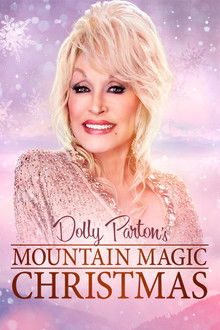
Dolly Parton's Mountain Magic Christmas (2022)
Follow Dolly's desire to uplift an exhausted world's spirits by sharing the unique "mountain magic". Throughout the chaos, Dolly finds herself taking a journey guided by the mysterious appearances of her Three Wise Mountain Men.
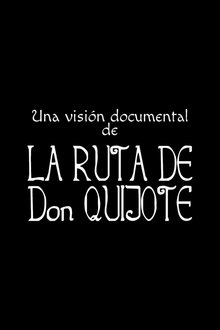
La ruta de don Quijote (1934)
A poetic journey through the paths and places of old Castile that were traveled and visited by the melancholic knight Don Quixote of La Mancha and his judicious squire Sancho Panza, the immortal characters of Miguel de Cervantes, which offers a candid depiction of rural life in Spain in the early 1930s and illustrates the first sentence of the first article of the Spanish Constitution of 1931, which proclaims that Spain is a democratic republic of workers of all kind.

The Water Dwellers (1963)
This short documentary introduces us to a town where no one pays rent: Simoom Sound in central British Columbia, where loggers live on sturdy river craft. Every week there are visitors: the general storekeeper, the flying postman and most importantly, the forest ranger, who is ever alert to the threat of fire.

Lampedusa (2015)
Combining high definition and Super 8 footage, Lampedusa is composed of interwoven narratives based on a series of real events. In 1831, a volcanic island suddenly erupted from the sea a few kilometers off the southern coast of Sicily. An international dispute ensued, as a number of European powers laid claim to this newfound “land”. The island receded below sea level six months later, leaving only a rocky ledge under the sea…

Lerchenlieder (1981)
Documentary about the special friendship between the 72-year-old music machine collector Johann Bartisch and the 12-year-old farm boy Gerd from the village of Arnsgereuth. As a child, the Romanian Johann played "O sole mio" on the piano while his brother accompanied him on the violin. Even then, he was fascinated by the music machines that could be found at fairgrounds, in cinemas and on trains. As an adult, Johann began his passion for collecting in Bucharest, rescuing self-playing instruments from barns, cellars or even garbage dumps. With great attention to detail, Johann restores his found treasures in his 250-year-old schoolhouse in the village of Arnsgereuth.
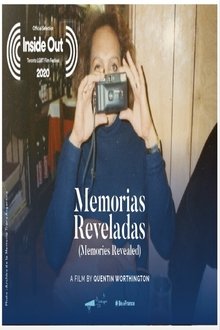
Memories Revealed (2019)
Over the course of 10 months, a camera travels to Buenos Aires, Argentina and Hanover, Germany to meet with Magalí, María Belén, Ivana and Carla, the founding members of the Archivo De La Memoria Trans Argentina, the first existing Trans Archive in the world. Taking the shape of a photo-novel, the documentary not only recounts the founding members lives as trans women under the Argentine dictatorship (1976-1983), the AIDS epidemy, state repression and mass assassinations but also years of fighting for their rights, sorority and the exaltation of life and laughter in times of death. Filming each one of them is filming them embracing their new role as curators, archivists and historians while a collection of 7,000 photos goes through the filter of their memories.
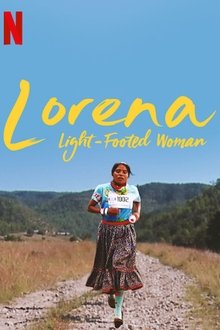
Lorena: Light-Footed Woman (2019)
A young woman of the Tarahumara, well-known for their extraordinary long distance running abilities, wins ultramarathons seemingly out of nowhere despite running in sandals.
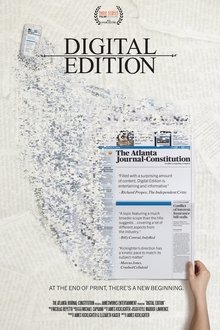
Digital Edition (2016)
In the midst of a publishing revolution, The Atlanta Journal-Constitution, one of America's most storied institutions of journalism, is experimenting with new tools to tell stories in preparation for the end of print in the digital era.
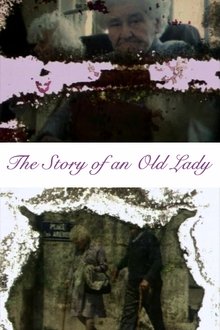
The Story of an Old Lady (2003)
A short piece in which Agnes Varda revisits actress Marthe Jarnias, who plays the old aunt in her 1985 film "Vagabond".
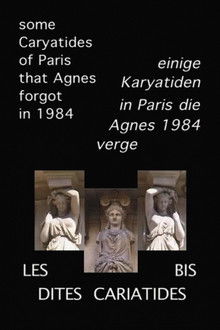
More So-called Caryatids (2005)
A super short film to accompany the earlier documentary of the same name. A photoplay of various caryatids to be found in Paris.
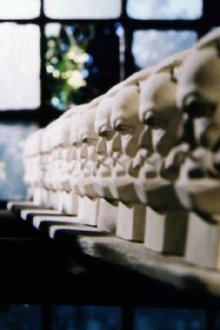
Der Auftrag (1988)
This documentary reports on the master potter Otto Engelmann from Klingmühl, who was commissioned to make black painted clay heads of Karl Marx in the spring of 1973. Engelmann briefly explains the individual work steps from mixing the casting slip to firing the clay heads and then painting them. An old craft is vividly captured on camera and accompanied by original sou

Tshiuetin (2016)
Take a breathtaking train a ride through Nothern Quebec and Labrador on Canada’s first First Nations-owned railway. Come for the celebration of the power of independence, the crucial importance of aboriginal owned businesses and stay for the beauty of the northern landscape.
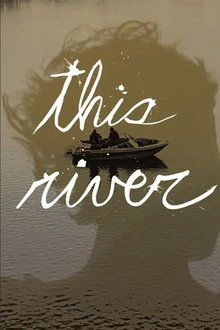
this river (2016)
Join a grassroots collective of volunteers as they search Winnipeg’s Red River and its banks for clues to find out what happened to their missing family and friends. The documentary demonstrates the devastating experience of searching for a loved one who didn't come home with profundity and humanity.